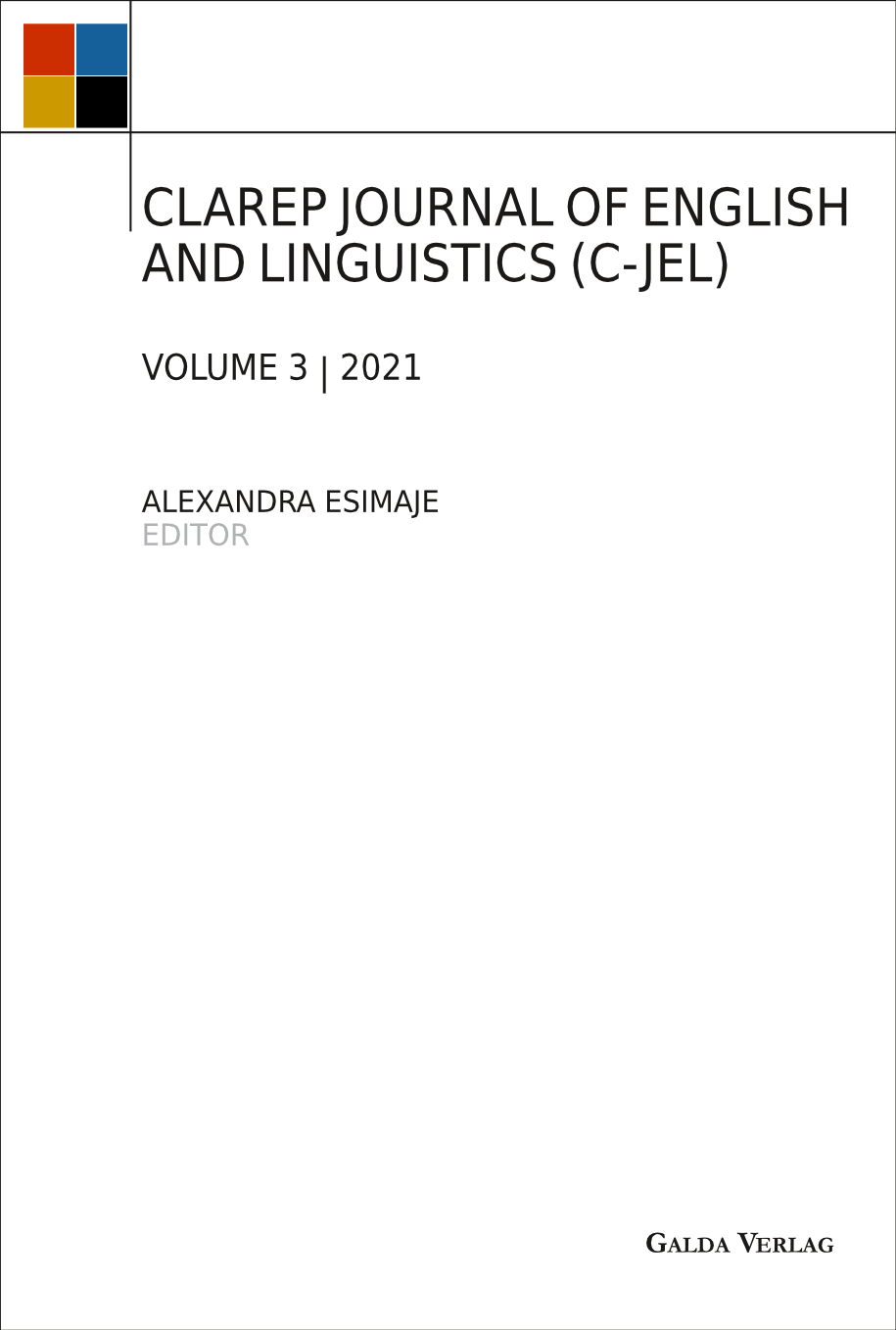An Experiment with a Video Conference Oral Examination during the Peak of COVID-19 in Tanzania
CLAREP Journal of English and Linguistics (C-JEL)
Author: Dunlop Ochieng
Institution: The Open University of Tanzania, Tanzania
Email: dunotis@yahoo.com
Abstract
The Open University of Tanzania (OUT) introduced a video conference examination to maintain its activities during the peak of COVID-19 because gatherings were banned in Tanzania to mitigate the spread of the disease. However, the decision was clouded with a great controversy among education stakeholders because the mode was untraditional, and the environment was deemed unsupportive to the mode. Against this backdrop, this study found it interesting to explore stakeholders experience of the examination during and after the assessment; and whether English proficiency influenced the candidates’ performance in the examination. Methodologically, the study analysed stakeholders’ views about the new examination mode in WhatsApp groups and compared results of courses undertaken in Swahili (the control group) and courses undertaken in English (the experimental group). Moreover, the study analysed minutes of a departmental meeting that evaluated the pioneer oral examination. Results show that most candidates had negative attitudes to the examination before, during, and after. In addition, both examiners and examinees experienced challenges such as using the technologies involved in the process, poor internet connection and following procedures because the measures needed to get the examination right were not considered from the outset. Nonetheless, the presupposed low proficiency in English among the candidates did not influence the results of the examinees, likely because examiners did not focus on the candidates’ grammar, style, or accent. Overall, the OUT pioneer video conference demonstrated the feasibility of the video conference examination in developing countries. Thus, this analysis of its strengths, weaknesses, opportunities and threats (SWORT) informs better video conference examinations design in future at OUT and elsewhere.
Keywords
COVID-19, oral examination, English in Tanzania, video examination, academic performance
Pages: 227-247
ISSN: 2698-654-X
ISBN: 978-3-96203-205-0 (Print)
ISBN: 978-3-96203-206-7 (PDF)
DOI: https://doi.org/10.56907/gyjn28u3

